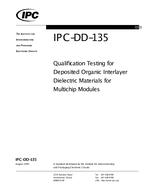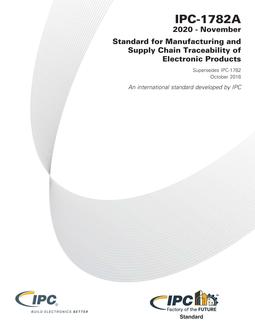ASTM E399-90(1997)
$50.00
Standard Test Method for Plane-Strain Fracture Toughness of Metallic Materials
standard by ASTM International, 01/01/1997
Description
1.1 This test method covers the determination of the plane-strain fracture toughness (KIc) of metallic materials by tests using a variety of fatigue-cracked specimens having a thickness of 0.063 in. (1.6 mm) or greater. The details of the various specimen and test configurations are shown in Annexes
Note 1-Plane-strain fracture toughness tests of thinner materials that are sufficiently brittle (see 7.1) can be made with other types of specimens (1). There is no standard test method for testing such thin materials.
1.2 This test method also covers the determination of the specimen strength ratio Rsx where x refers to the specific specimen configuration being tested. This strength ratio is a function of the maximum load the specimen can sustain, its initial dimensions and the yield strength of the material.
1.3 Measured values of plane-strain fracture toughness stated in inch-pound units are to be regarded as standard.
1.4 This test method is divided into two main parts. The first part gives general information concerning the recommendations and requirements for Ic testing. The second part is composed of annexes that give the displacement gage design, fatigue cracking procedures, and special requirements for the various specimen configurations covered by this method. In addition, an annex is provided for the specific procedures to be followed in rapid-load plane-strain fracture toughness tests. General information and requirements common to all specimen types are listed as follows:
Sections Referenced Documents 2 Terminology 3 Stress-Intensity Factor 3.1.1 Plane-Strain Fracture Toughness 3.1.2 Summary of Test Method 4 Significance and Use 5 Precautions 5.1.1 to 5.1.3 Practical Applications 5.2 Apparatus 6 Loading Fixtures 6.2 Displacement Gage Design Annex
1.5 Special requirements for the various specimen configurations appear in the following order:
1.6 This standard does not purport to address the safety problems associated with its use. It is the responsibility of the user of this standard to establish appropriate safety and health practices and determine the applicability of regulatory limitations prior to use.
Product Details
- Published:
- 01/01/1997
- Number of Pages:
- 31
- File Size:
- 1 file , 510 KB
- Note:
- This product is unavailable in Russia, Ukraine, Belarus



